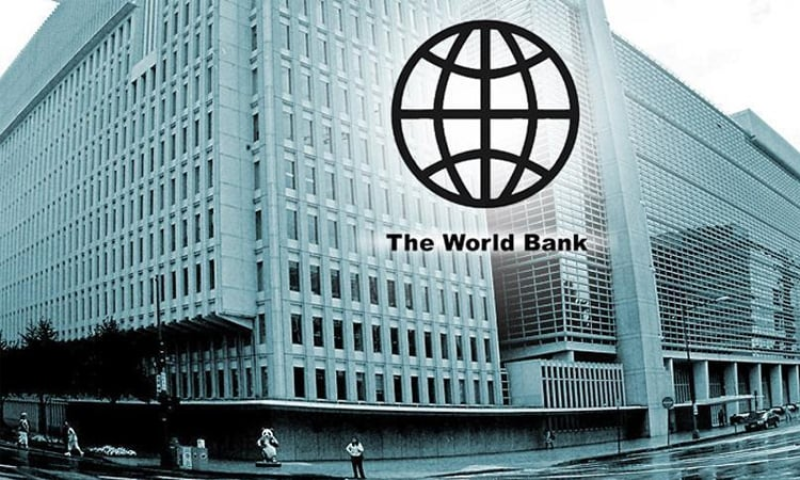- Israel Strikes Tehran with US Support Amid Nuclear Tensions |
- India Sees 9% Drop in Foreign Tourists as Bangladesh Visits Plunge |
- Dhaka Urges Restraint in Pakistan-Afghan War |
- Guterres Urges Action on Safe Migration Pact |
- OpenAI Raises $110B in Amazon-Led Funding |
WB Approves $850M to Boost Jobs, Trade, and Social Protection

Bangladesh and the World Bank have signed two financing agreements worth $850 million to develop the Bay Terminal deep sea port and modernize the country’s social protection system, aiming to create jobs and promote inclusive growth.
The agreements were signed on Tuesday in Washington, DC, by Economic Relations Division (ERD) Secretary Shahriar Siddiky and World Bank Interim Country Director Dr. Gayle Martin. Also present were Dr. Salehuddin Ahmed, Finance Adviser to the Bangladesh government, and Martin Raiser, World Bank Vice President for South Asia.
The financing, provided by the World Bank's International Development Association (IDA), forms part of a long-standing partnership with Bangladesh. Since the country’s independence, the World Bank has committed more than $45 billion in grants, interest-free loans, and concessional credits.
Shahriar Siddiky remarked, "This project will play a crucial role in the country’s climate resilience and economic prosperity." Dr. Gayle Martin emphasized the importance of job creation, particularly for the nearly 2 million youth entering the labor market annually. "This financing will drive job creation, enhance trade competitiveness, and help vulnerable communities transition from social protection to employment."
The $650 million Bay Terminal Marine Infrastructure Development Project will expand the port’s capacity, improve efficiency, and reduce transportation costs. It will feature climate-resilient infrastructure and accommodate larger vessels, potentially saving Bangladesh about $1 million per day by cutting vessel turnaround time. The terminal will handle 36% of the country’s container volumes, benefiting over 1 million people by enhancing connectivity and facilitating trade, including for women-owned businesses.
The $200 million Strengthening Social Protection for Improved Resilience, Inclusion, and Targeting (SSPIRIT) project will provide cash transfers and livelihood services to 4.5 million people, focusing on youth, women, persons with disabilities, and workers in climate-vulnerable regions. The project aims to modernize delivery systems to ensure targeted support and provide responses to economic and climate-related shocks.
It will establish a national Dynamic Social Registry for better beneficiary targeting and offer skills development, micro-credit, and mentorship, enhancing the job readiness and income-earning capacity of about 2.5 million people. This "graduation strategy" will help vulnerable households, especially youth and women, improve their livelihoods and move up the economic ladder.

